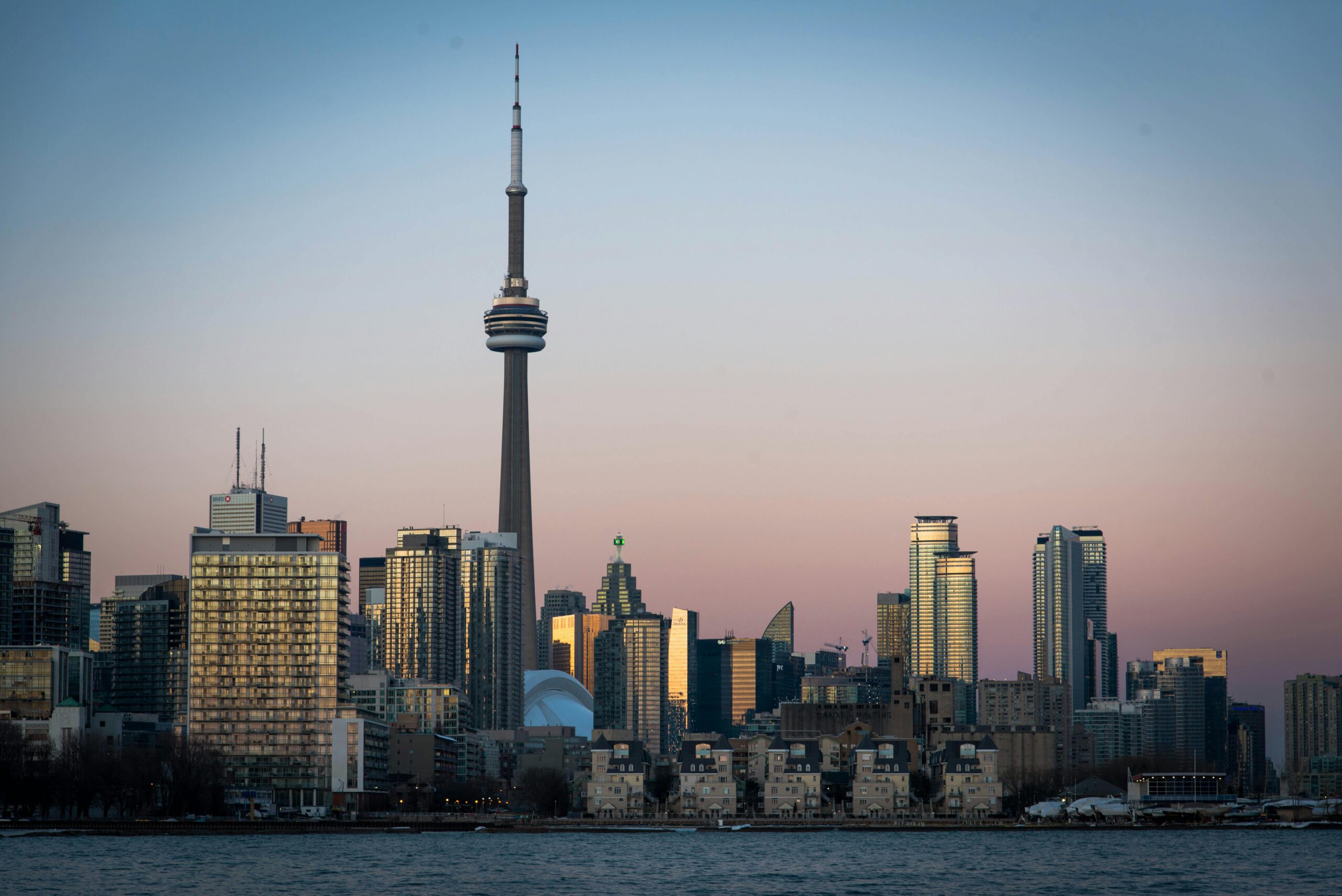
Purpose and Tax Rate
The Municipal Non-Resident Speculation Tax (MNRST) is a new land transfer tax in Toronto, set to take effect on January 1, 2025. The primary goal of this tax is to curb real estate speculation by foreign buyers and increase housing affordability for local residents. By discouraging non-resident investors from purchasing residential properties solely for speculative purposes, the tax aims to maintain a steady housing supply.
The tax rate is set at 10% of the purchase price of applicable residential properties. This municipal tax is in addition to the 25% provincial Non-Resident Speculation Tax (NRST) already in place in Ontario.
Who Pays the Tax and What Properties Are Affected?
The MNRST applies to foreign entities and taxable trustees purchasing certain residential properties in Toronto. Specifically, the tax applies to:
- Foreign nationals (non-citizens or non-permanent residents of Canada).
- Foreign corporations (companies incorporated outside Canada or controlled by foreign entities).
- Taxable trustees (trusts with at least one foreign entity as a trustee or beneficiary).
The tax applies to residential properties with at least one but no more than six single-family residences, including:
- Detached houses
- Semi-detached houses
- Townhouses
- Condominium units
However, MNRST does not apply to:
- Multi-unit apartment buildings (more than six units)
- Commercial properties
- Agricultural land
- Industrial properties
Exemptions
Certain exemptions exist to ensure fairness and encourage housing accessibility. Foreign buyers may be exempt from paying MNRST if they qualify under one of the following categories:
Nominee Exemption: A foreign national nominated under the Ontario Immigrant Nominee Program (OINP) who has applied or intends to apply for permanent residency.
Example: A skilled worker approved under OINP who purchases a home in Toronto and plans to live there.
Protected Persons (Refugees): A foreign national who has been granted refugee status under section 95 of the Immigration and Refugee Protection Act.
Example: A refugee who has received protection and is in the process of becoming a permanent resident.
Spousal Exemption: A foreign national purchasing a property jointly with their spouse, where the spouse is a Canadian citizen, permanent resident, nominee, or protected person.
Example: A Canadian citizen and their foreign spouse buy a home together as their principal residence.
Rebates
Foreign buyers who pay MNRST may qualify for a full rebate if they become permanent residents of Canada within four years of purchasing the property.
Rebate Eligibility Criteria
- The buyer must become a permanent resident of Canada within four years.
- The application for a rebate must be submitted within 90 days of obtaining permanent residency.
- The property must have been used as the buyer’s principal residence from the time of purchase until the rebate application.
Example of a Rebate
A foreign national purchases a condo in Toronto in 2025 and pays MNRST. They obtain permanent residency in 2027 and apply for a rebate within 90 days. Since they meet the residency and occupancy requirements, they are eligible for a full refund of the MNRST paid.
Summary
The Municipal Non-Resident Speculation Tax (MNRST) is a 10% tax on foreign buyers of residential properties in Toronto, set to begin in 2025. It complements the existing 25% provincial NRST, making foreign investment in Toronto real estate more expensive to reduce speculation and free up housing for local residents.
While the tax applies to most single-family residential properties, exemptions exist for nominees, refugees, and spouses of Canadian residents. A rebate program allows foreign buyers to recover the tax if they become permanent residents within four years.
With estimated revenues of up to $15 million in 2025, this tax serves both as a housing policy tool and a financial mechanism to support Toronto’s long-term budget strategy.MNRST
